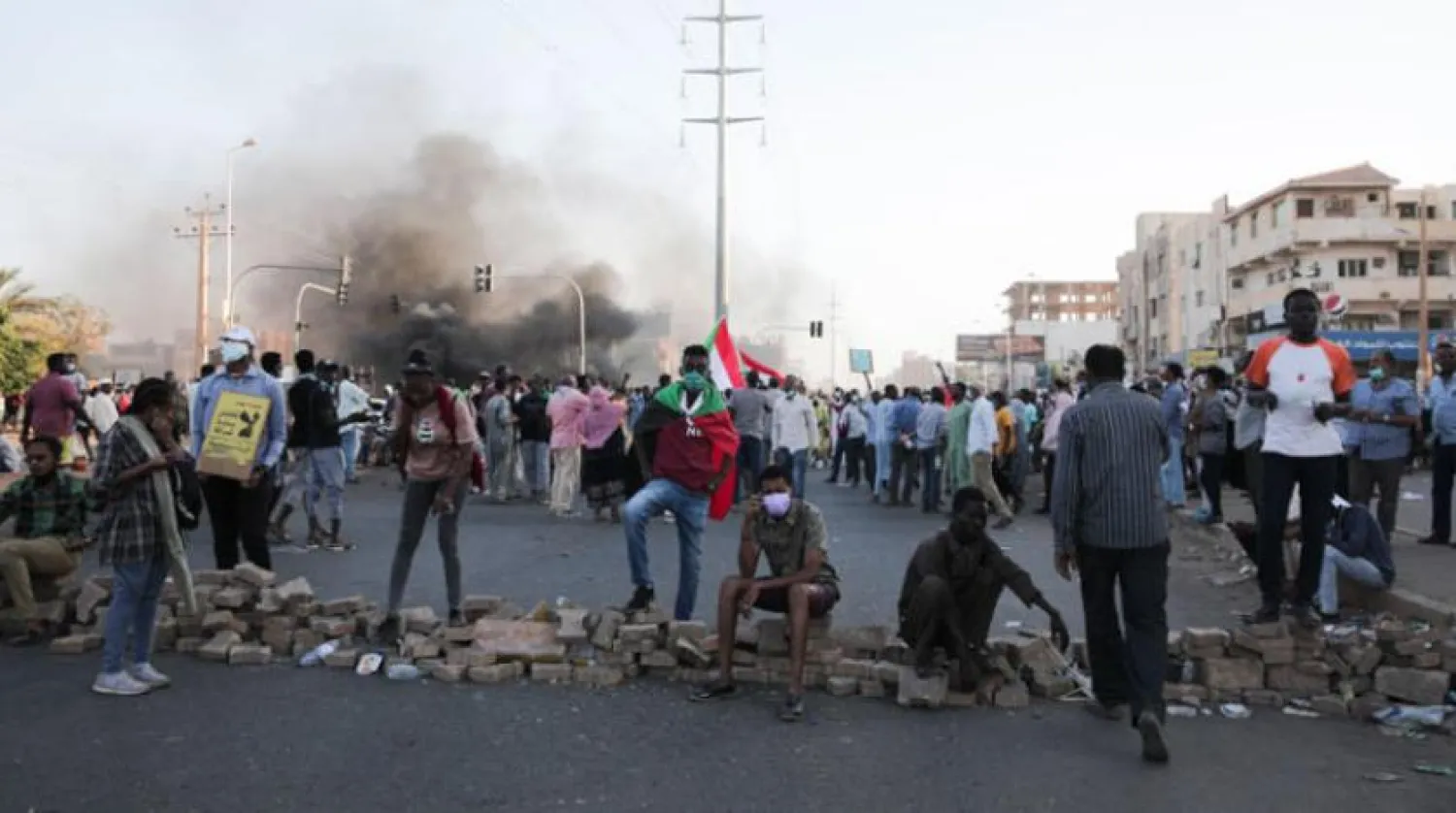US Assistant Secretary of State for African Affairs Molly Phee arrived on Monday in the Sudanese capital, Khartoum, to meet military and civilian leaders in the North African state to pressure them into restoring governance to the civilian track, according to the 2019 constitutional document.
Phee is set to hold several meetings with the Commander-In-Chief of the Sudanese Armed Forces Abdel Fattah al-Burhan, the unseated Prime Minister Abdalla Hamdok, and political leaders in the Forces of Freedom and Change alliance, sources told Asharq Al-Awsat.
The US official’s visit aims to push for a solution to the current crisis in the country, sources added, noting that Phee will likely pressure army leaders into returning to their partnership with the Forces of Freedom and Change alliance after it has shown great ability in mobilizing the Sudanese public.
Some suggested that Phee would take the initiative to restore the transitional government according to a settlement that has not been announced yet.
She is also expected to raise the issue of excessive violence used by the security forces against peaceful demonstrators, especially after the death of a 13-year-old girl, who was shot in the head last Saturday.
The total number of deaths since al-Burhan overthrew the civilian government headed by Hamdok has reached 23. At least 14 of were killed during demonstrations on October 30.
Meanwhile, the number of injuries reached 215, 112 of them caused by live bullets.
Two more Sudanese protesters died in hospital from wounds after being shot during mass protests last month’s military coup, a doctors’ union said.
Mujahid Farah, 15, died in East Nile Hospital from bullet wounds to the abdomen and thigh on Sunday morning, the Central Committee of Sudan Doctors (CCSD) reported on Sunday. Yesterday, a 13-year-old girl, Remaz Hamed, who was hit in the head by a bullet on Saturday while she was standing in front of her house, died in a hospital as well.









